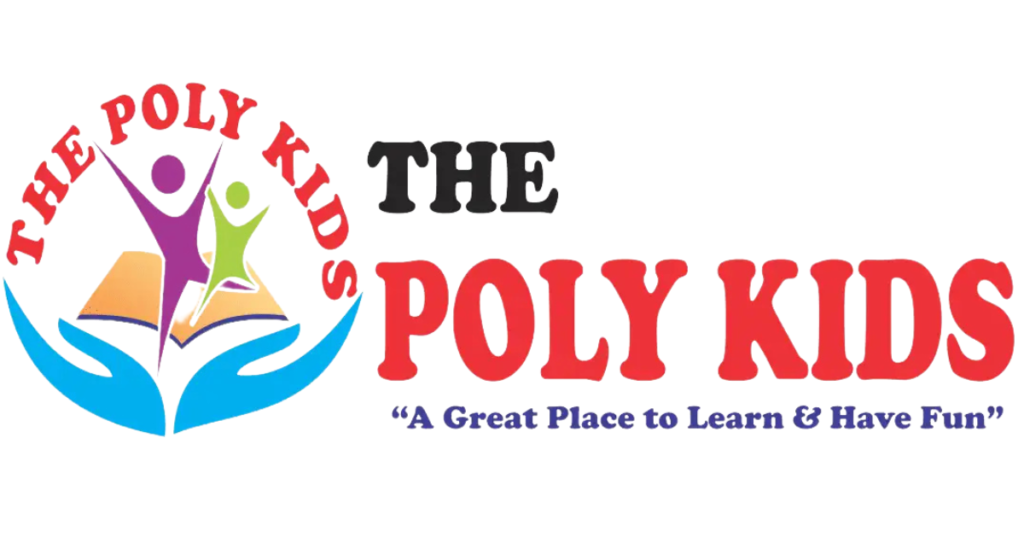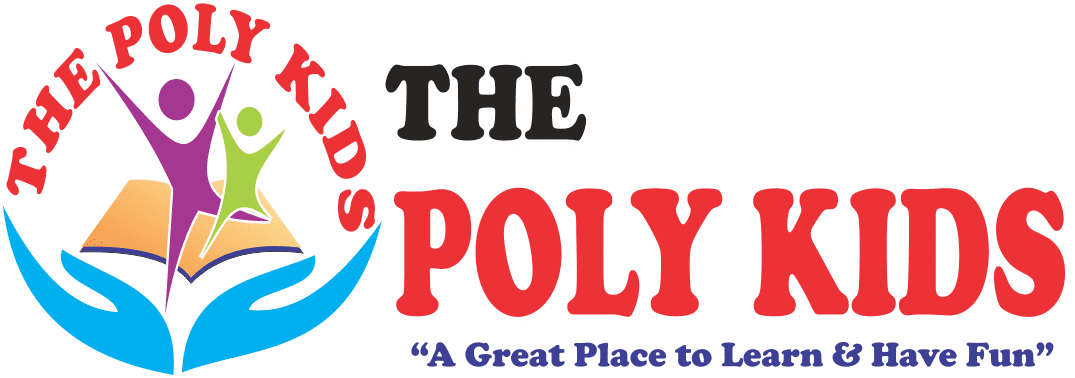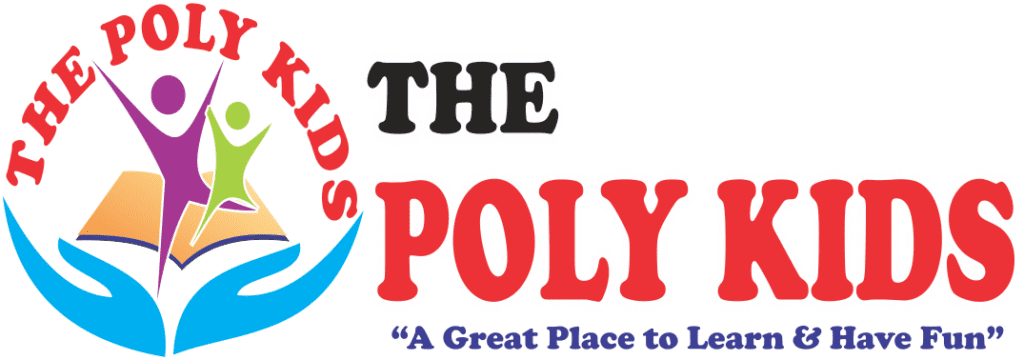What Is Play School? A Complete Parent’s Guide
Choosing the right beginning for a child’s educational journey is one of the most important decisions for new parents. Many parents often hear about play schools but are unsure about their role and importance. So, what is play school? At The Poly Kids, we believe that play schools are much more than just a place for children to play. They are structured environments designed to nurture a child’s growth, imagination, and learning through playful experiences.
In this blog, we will explore what is play school, why it matters, and everything new parents should know before enrolling their child.
Understanding What Is Play School
A play school is an early childhood learning center where young children, usually between the ages of 1.5 to 4 years, are introduced to education in an informal yet structured manner. Unlike traditional classrooms, play schools focus on activity-based learning, where children explore the world around them through play, creativity, and interaction.
At The Poly Kids, we define what is play school as the perfect blend of fun and education—a space where children learn basic life skills, develop social interaction, and build the foundation for lifelong learning.
Why Play Schools Matter for Early Learning
Understanding what is play school also means recognizing its impact on a child’s development. Early childhood is a crucial phase where the brain develops rapidly, and experiences shape the way children think, behave, and learn. Play schools provide structured experiences that promote:
-
Cognitive development – problem-solving, memory, and early numeracy.
-
Language development – communication, vocabulary, and storytelling.
-
Emotional development – expressing feelings, building confidence, and understanding empathy.
-
Social development – sharing, cooperation, and teamwork.
-
Physical development – fine motor skills through drawing, coloring, and craft, along with gross motor skills through play and movement.
By understanding what is play school, parents realize it is not just about playing, but about creating meaningful experiences for holistic development.
Key Features of a Good Play School
When parents ask us what is play school and how to identify the right one, we guide them to look for specific features that make a play school effective:
-
Safe and nurturing environment – Children need a space where they feel secure and loved.
-
Qualified teachers – Trained educators who understand child psychology and early education.
-
Play-based curriculum – Activity-driven methods that make learning fun.
-
Balanced schedule – A mix of play, stories, art, music, and rest.
-
Parental involvement – Encouraging parents to participate in events and activities.
At The Poly Kids, our approach to what is play school reflects all these features, ensuring children learn with joy and safety.
Activities That Define Play School Learning
One of the best ways to explain what is play school is by highlighting the activities children engage in daily. These activities are not random but carefully planned to enhance development:
-
Storytelling sessions that boost imagination and listening skills.
-
Art and craft to encourage creativity and hand-eye coordination.
-
Rhymes and music that enhance memory and rhythm.
-
Free play with toys that builds decision-making and problem-solving.
-
Group activities that teach sharing, empathy, and social bonding.
These activities reflect the heart of what is play school—learning through play in an enjoyable and supportive environment.
Role of Parents in Play School Learning
While schools play a major role, parents are equally important in the process. When parents understand what is play school, they also realize their role doesn’t end at dropping the child off. Parents are encouraged to:
-
Support learning at home with small activities.
-
Communicate with teachers regularly.
-
Encourage children to talk about their day.
-
Celebrate small milestones to boost confidence.
At The Poly Kids, we believe that parents and educators together create the best foundation for children.
Benefits of Sending Your Child to Play School
Many parents wonder whether play school is really necessary. The answer lies in understanding what is play school and the benefits it provides:
-
Builds social skills early.
-
Prepares children for structured schooling.
-
Boosts creativity and imagination.
-
Develops early literacy and numeracy skills.
-
Enhances self-confidence and independence.
-
Creates a lifelong love for learning.
These benefits make it clear that what is play school is not just an option but an essential stepping stone in education.
Why Choose The Poly Kids Play School
Now that you know what is play school, the next step is choosing the right one. The Poly Kids is committed to offering world-class early childhood education with:
-
A curriculum that balances academics and play.
-
Experienced and caring educators.
-
Safe, child-friendly infrastructure.
-
Activities that build confidence and skills.
-
A warm environment where children feel at home.
For parents wondering what is play school, The Poly Kids provides the perfect answer—an environment where children laugh, learn, and grow every day.
Final Thoughts
So, what is play school? It is the very first step into the world of learning, where children discover themselves, make friends, and develop essential skills through playful activities. For parents, it’s the assurance that their little one is in safe, nurturing hands while preparing for future schooling.
At The Poly Kids, we proudly guide families in this important journey, helping children take their first confident step into education.


